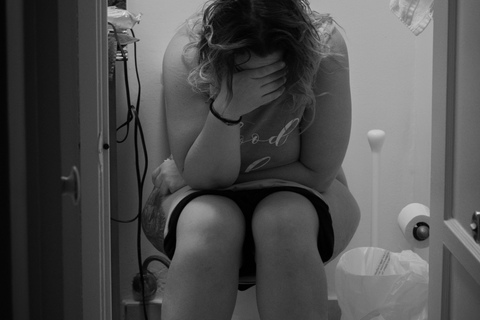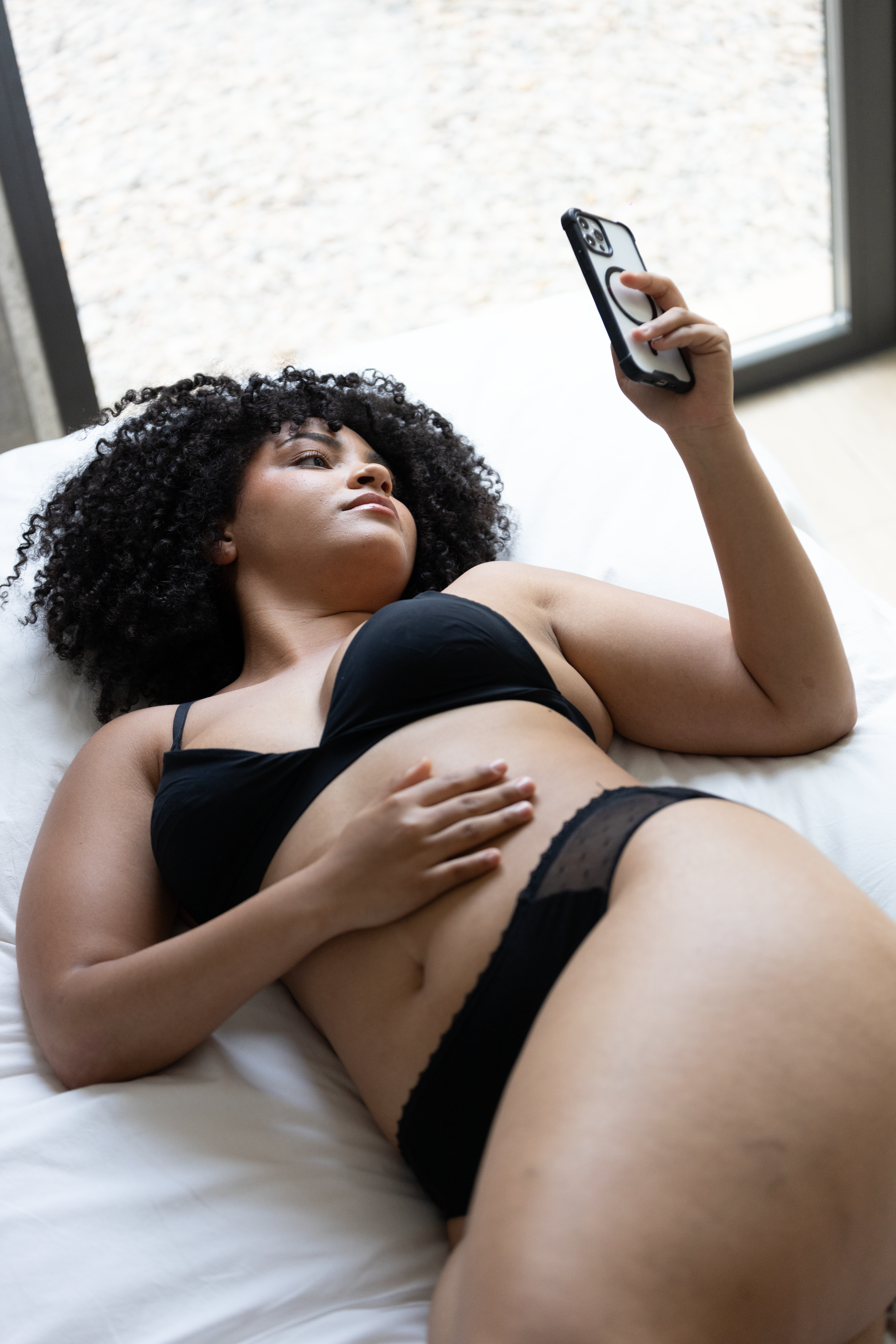
How can I treat urinary incontinence?

Urinary incontinence is not a disease, but rather a symptom of another health problem, mostly due to weakness in the pelvic floor muscles.
The pelvic floor muscles are those that support the urethra, bladder, and uterus, as well as the intestines. For various reasons, these muscles can become damaged or weakened.
When they are not strong enough, they must work harder than usual to hold urine, until your body feels the need to go to the bathroom. This overexertion of the bladder and urethra can lead to urinary incontinence.
Measures to cope with mild urinary incontinence
Urinary incontinence is a condition that affects women much more than men. Why? Pregnancy, childbirth, and menopause are situations that directly affect the urinary tract as well as the muscles that surround it.
In addition to urinary incontinence, some women may have other symptoms such as pressure or spasms that cause an incredible urge to urinate, going to the bathroom repeatedly, and even urinating while sleeping.
A medical specialist will be the best person to identify the cause of your urinary incontinence and provide the correct treatment. In most cases, treatment is basically small actions that you can do at home.
While these measures will not completely eliminate urinary incontinence, they will help you train your bladder to reduce urine leakage.

These measures include:
Performing Kegel exercises
If you have stress urinary incontinence, Kegel exercises are a recommended solution to strengthen your pelvic floor muscles. Many women suffer from this condition because their pelvic floor muscles are always tight.
Training the bladder
Setting times to go to the bathroom will help you control your bladder. Start by paying attention to the number of times you go to the bathroom per day. Then very slowly start adding 15 minutes between trips to the bathroom. Be sure to urinate even if you don't feel like it. By gradually increasing the time, your bladder will learn to hold more urine before you feel the need to go to the bathroom.
Losing weight
Being overweight is one of the reasons many women suffer from urinary incontinence. The extra weight adds a certain amount of pressure on the bladder in addition to the adjacent muscles. This causes problems with bladder control. Contact a doctor so he or she can help you put together an eating plan to help you shed the extra pounds.
As you take steps to cope with light urinary incontinence, opt for some products to help you hold back all that urine leakage. You may as well use panty liners and pads in case the situation warrants it.
Remember to always go for the most natural option, like reusable panty liners, period panties and sanitary pads. The products available on the market for light incontinence are designed with synthetic materials, which not only affect your health but also contribute negatively to the environment as they do not degrade easily.





